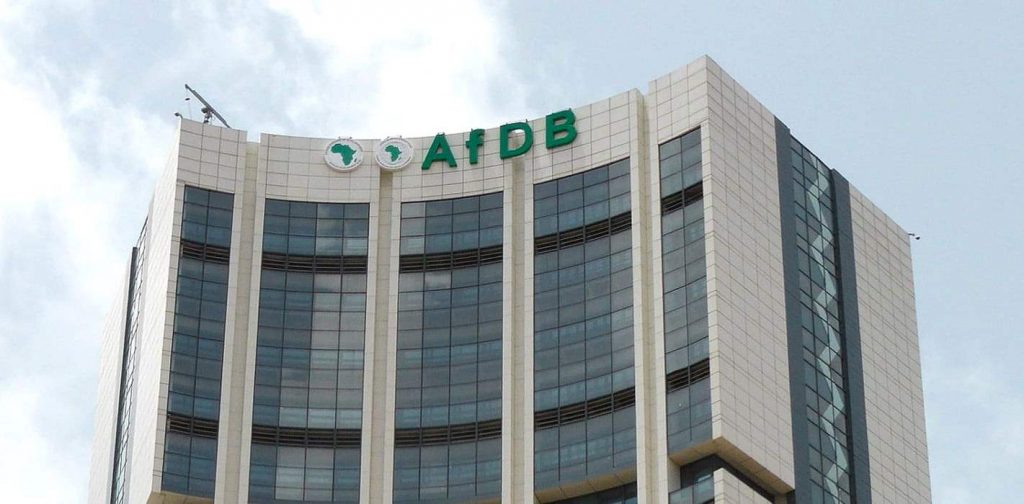AfDB extends grants of USD9.25 for CDRF in Malawi
The African Development Bank board of directors approved two grants on 8th June, 2022 of $9.25 million to implement the Africa Disaster Risk Financing Programme (ADRiFi) in Malawi. The move is expected to boost the country’s resilience against climate-related shocks and food insecurity.
The funding will support the government of Malawi to develop climate risk management solutions and pay its sovereign risk premium for the transfer of drought risks under the Africa Disaster Risk Financing Programme.

The initiative, a partnership between the African Development Bank and African Risk Capacity Group (ARC), enhances preparedness and strengthens countries’ financial resilience against climate hazards by supporting participation in ARC’s sovereign risk pool. ADRiFi’s presence in Malawi will help shield the country’s smallholder farming communities — including women and children — from the worst impacts of drought.
The first grant, worth $4.9 million, will come from the African Development Fund. The ADRiFi Multi-Donor Trust Fund will provide financing for the second grant valued at $4.35 million. The grants will support the first of two phases of the program, covering the 2022-2023 period. The government of Malawi and ARC will also contribute funding toward total costs of $10.13 million for phase 1 of the programme state a statement issues by the bank in Abidjan, Corte Devoire.
“Africa is the world’s region most vulnerable to climate change-related weather extremes like flooding, droughts and tropical cyclones,” said Dr. Beth Dunford, the Bank’s Vice President for Agriculture, Human and Social Development. “We welcome Malawi into the Africa Disaster Risk Financing Programme, which boosts participating countries’ ability to respond rapidly to the aftermath of climate-related disasters, arrange finance before shocks and better serve their most vulnerable populations impacted by the effects of climate shocks.”
Agriculture contributes about 30% of Malawi’s GDP and employs about 64% of its workforce. The nation’s agriculture sector is primarily dependent on rainfall. However, rainfall patterns have grown more erratic and harder to predict due to climate variability, and climate-induced shocks are predicted to become more frequent and severe, especially in southern Africa. This has increased the vulnerability of rural dwellers, including farmers, and the overall economy, to weather-related shocks.
ADRiFi will safeguard investments and development gains in Malawi related to five Bank agricultural projects, including to rebuild infrastructure damaged when disaster strikes. Grant funds will also go to build the capacity of national agencies that manage disaster risk.
Rollout of the disaster risk initiative aligns with the country’s 2019-2024 Disaster Risk Financing Strategy, which identifies insurance as a tool to address the risks of climate disasters. It also advances Malawi’s Vision 2063, which aims to promote a transformative agriculture sector that is smart and resilient to climate change.
In his opening speech during the African Development Bank annual meeting in Accra, Ghana towards end of May. The Bank’s President Akinwumi Adesina stressed that Climate change is shortchanging African economies.
Said Adesina, Africa suffers $7-15 billion per year in losses to climate change, which are projected to rise to $40 billion per year by 2030. Africa has no choice but to adapt to climate change. To support the continent in doing so, the African Development Bank has doubled its financing for climate to $25 billion by 2025.
“Without any doubt, the African Development Bank is the leader on climate adaptation in Africa, and globally. The share of our climate finance dedicated to adaptation is 67%, the highest among all multilateral development Banks,” said Adesina adding, “ The Bank is also supporting countries to insure themselves against extreme weather events, through its Africa Disaster Risk Insurance Facility. Today, the facility is helping nine countries to pay for insurance premiums to protect themselves from effects of climate change.”
Malawi is the ninth country to join the ADRiFi programme. The other participants are Gambia, Mauritania, Niger, Sudan, Madagascar, Mozambique, Zambia and Zimbabwe. Under the initiative, Madagascar, Mauritania and Niger have already received insurance payouts with a combined value of $17 million. The funds have been used for recovery efforts following drought and tropical cyclones.
ADRiFi enhances African countries’ ability to evaluate climate-related risks and costs, respond to climate-related disasters and review adaptation measures. The initiative also provides initial financing for countries in need of support.
ARC is a specialized agency of the African Union that helps African governments improve capacity to better plan, prepare, and respond to extreme weather events and natural disasters.





